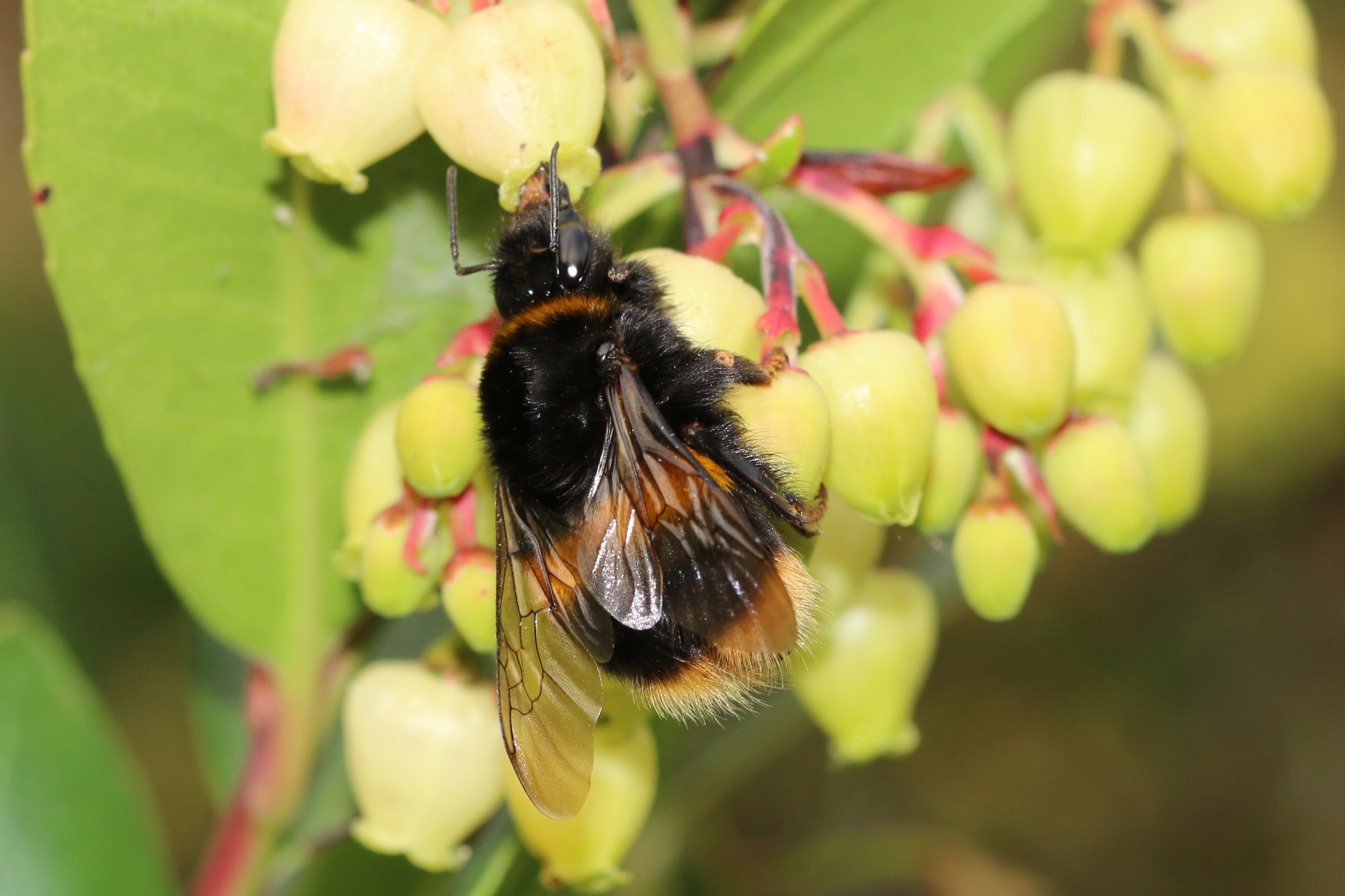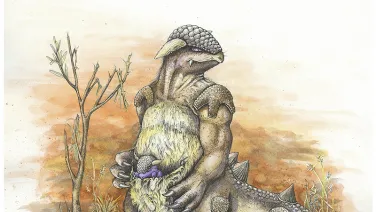E&E Seminar: Understanding pollinator health: the importance of floral reward chemistry, the microbiome, and the combination of both
Pollinators are under threat from anthropogenic influences such as changed and reduced pollen and nectar resources from agricultural intensification, and emerging pathogens introduced through global trade into new host populations.
Speakers
Event series
Content navigation
Description

Pollinators are under threat from anthropogenic influences such as changed and reduced pollen and nectar resources from agricultural intensification, and emerging pathogens introduced through global trade into new host populations. I will present my research on two important factors for bee health: the microbiome and nectar secondary metabolite chemistry. Biological activity against bee parasites has been documented for a few nectar secondary metabolites. However, outcomes of host-parasite-secondary metabolite interactions have in some cases been inconsistent between studies or host species, and we largely lack an understanding of the processes within bee hosts modulating the activity of ingested metabolites. Here, I show that naturally occurring nectar secondary metabolites in two common European tree species are chemically altered during gut passage in the bumblebee Bombus terrestris, resulting in either increased or decreased bioactivity against the gut parasite Crithidia bombi. I provide experimental evidence that both the host and the resident gut microbiome can cause these chemical changes. I suggests that a holistic view combining host and microbiome effects is necessary to understand the potential medical benefits of nectar secondary metabolites to pollinator health.
Biography
Dr. Hauke Koch studied Biology in Rostock, Germany and completed an MSc at Imperial College, London in Taxonomy and Biodiversity. He then worked for his PhD on the ecology and evolution of the social bee microbiome at ETH Zurich (Switzerland) with Prof. Paul Schmid-Hempel, and continued working on the genomics and functional relevance of the bee microbiome as a postdoc in Prof. Nancy Moran’s lab at Yale and UT Austin. In 2015, he was appointed as Ann Sowerby Fellow in Pollinator Health at the Royal Botanic Gardens, Kew (UK) to study the interactions between bees, floral reward chemistry and the bee microbiome, and was recently promoted to Research Leader at Kew.
Location
Please note: this seminar will be held in the Eucalyptus Rm and via Zoom, details are included below.
Eucalyptus Room, Rm S205, Level 2, RN Robertson Building (46)
Zoom link:
https://anu.zoom.us/j/89819101172?pwd=K1BPRGhQaXU4UWtwRmZzWGw0NlZ5QT09
Passcode: 493733
Canberra time: please check your local time & date if you are watching from elsewhere.


